The countdown to the verdict in the ‘Vialidad’ public works graft trial has begun. Prosecutor Diego Luciani has laid out his evidence to back up the corruption accusations against Cristina Fernández de Kirchner, but the vice-president maintains that the case is based on "lies" and “slander” and claims that the prosecution has proved "absolutely nothing."
After both sides have finished presenting their arguments, Judges Jorge Gorini, Rodrigo Giménez Uriburu and Andrés Basso will likely deliver their verdict on Tuesday, December 6.
Prosecutor Luciani demanded a 12-year prison sentence for Fernández de Kirchner, as well as a lifetime disqualification from holding public office and the confiscation of 5,321 million pesos, considering her to have been the "head" of an illicit association.
The Prosecutor's Office has also requested 12 years in prison for Kirchnerite business tycoon Lázaro Báez. He stands accused of being the organiser of the alleged illicit association and for the crime of fraudulent administration.
For ex-public works secretary José López, Luciani and Sergio Mola asked for 10 years in prison and perpetual disqualification from holding public office as a co-organiser of the illicit association.
Báez and Co.
One of the prosecutors' main arguments is that Báez was, according to their version of events, the only businessman who did not have any overdue debts at the time the former president left office in 2015, since a month before the end of the La Cámpora leader's mandate, a disbursement of 500 million pesos was approved.
However, Fernández de Kirchner assures that, at the end of November 2015, "no payment was made in favour of Lázaro Báez's companies." She argued that documents show Báez's companies “had a large number of unpaid work certificates."
The former president also denied claims she had distributed works in an "arbitrary" way to favour the province of Santa Cruz. Prosecutors allege it was the region that received the second-largest amount of funds for public roadwork projects during her two terms in office.
Without denying this information, the vice-president claimed that more funds were allocated as Santa Cruz had a deficit of investment in road infrastructure. She also noted that Congress had been involved in approving budgets, rejecting prosecutors’ claims that information on 17 of the 51 works, as well as in 34 others, had "severe inconsistencies" in their data.
A DNU and ‘favours’
The Prosecutor's Office also argued that the heads of the Cabinet would have functioned as "simple intermediaries" who received the orders from the Ministry of Planning and National Roads. In this sense, they questioned the "lack of control by public bodies."
The vice-president, for her part, argued that "the execution of the national budget is the exclusive competence of the heads of Cabinet". With regard to the decrees, the head of the Senate mentioned that they were "correctly validated" by Congress.
During their pleadings, the prosecutors' objective was to prove the links between Báez and the Kirchner family, which is why they argued that the former president had ordered the "illegitimate" delivery of funds, another claim dismissed by the former president.
She denied having given indications to award works to Báez by clarifying that the Presidency "has no competence in the bidding processes, execution or payments of the road projects investigated in the case.”
Relationship with Báez
Investigators claimed that Kirchnerite officials had launched an alleged "cleansing plan" after losing the 2015 elections, which consisted of the "abandonment of projects" and their "disappearance." To prove this, they cited messages between José López and Mariano Cabral, Cristina Fernández de Kirchner's private secretary, in which they discussed the collection of millions of dollars. The conversations between officials were a central piece of evidence in Luciani's plea.
Despite the attempts to link her to López and Báez, the head of the Senate indicated that the messages "demonstrated, among other things, that López maintained a much more than fluid relationship with Mauricio Macri's 'soul brother' Nicolás Caputo," a businessman close to the leader who succeeded her in office.
Fernández de Kirchner reiterated that she was "never" a "partner of Báez" and sought to dismiss an expert study, saying the prosecutors had "never asked for an expert study to prove this accusation" and that "the expert study was carried out exclusively at the request of the defence and was limited by the court to only five works chosen according to criteria set by the prosecutors.”
Luciani and Mola questioned the fact that contracts continued to be awarded to Báez's companies despite the delays in the delivery of the works. Any failed targets were "duly justified," the vice-president said.
– TIMES/PERFIL





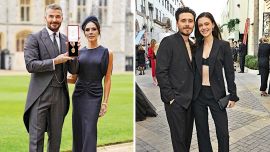

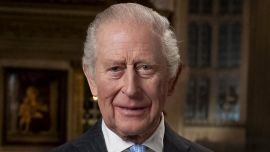






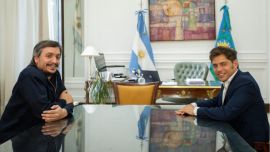

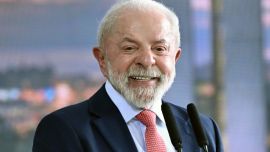
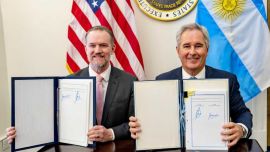
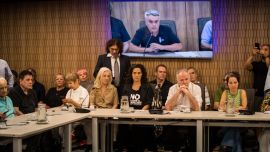
Comments